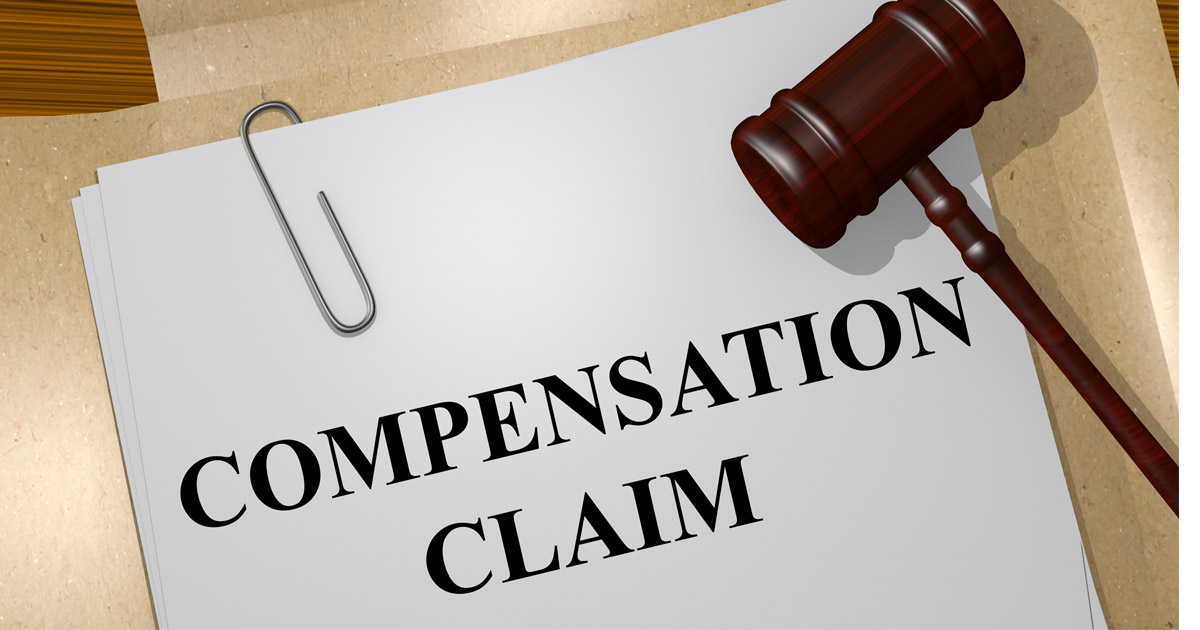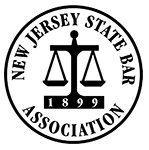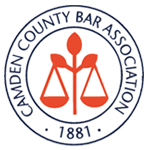Workplace injuries are certainly devastating to workers and their families, but these unfortunate incidents also negatively impact employers and impact our economy. They contribute to the rising costs of health care and health insurance in this country, not to mention lost workdays and productivity. You are correct if you think that some of the most dangerous jobs are positions such as being a first responder or a construction worker, but it is surprising to learn just how hazardous some other occupations can be. Many workplace accidents lead to fatalities as well; in 2019, there were 5,333 deaths, or 3.5 deaths for every 100,000 full-time equivalent workers. The number of workplace fatalities for employers 55 and up increased by eight percent; this demographic group accounted for 38 percent of all the workplace fatalities. Slips, trips, and falls and exposure to harmful environments and substances were also reportedly on the rise.
The U.S. Bureau of Labor Statistics’ 2020 data revealed that private industry employers had 2.7 million non-fatal workplace injuries and illnesses, with the total recordable cases being 2.7 cases per every full-time equivalent employee. There were 10 occupations that accounted for about 38 percent of all private industry cases that involved days off from work that year. Nursing assistants held the number one position, and others included registered nurses, heavy and tractor-trailer truck drivers, stock and material movers, laborers and freight, and maintenance repair workers.
Which Industries Have the Most Work Accidents?
As expected, the protective service work industry tops many other lists of the most dangerous kinds of working conditions for employees. This includes police officers, security guards, lifeguards, firefighters, and corrections officers. These individuals are more likely to become injured on the job because they work under such difficult conditions, such as forest fires, dealing with armed criminals, and worse. Construction workplaces are also close to the top of these lists; building skyscrapers and other large buildings such as hotels involves significant risks for falling from heights, being run over by vehicles, electrical accidents, chemical exposure, and being caught or compressed by machinery or other objects. Construction workers who work on highways are exposed to vehicles driving on roads and highways, the dangers of a trench caving in, and other hazards.
It has also been reported that transportation accidents make up 25 percent of all fatal work-related injuries in the United States. This group includes pilots and other airline personnel, truck and bus drivers, and train conductors. As you can imagine, the common causes for this industry’s workplace accidents and fatalities are collisions, plus muscle strains and back problems from spending hours behind the wheel.
Warehouse workers also face significant hazards while on the job. They are constantly unloading, moving, organizing, retrieving, and loading heavy items. It is not unusual for items to fall from high shelves without warning, which could even end up killing an employee. Not only that, but warehouse workers are also always around heavy machinery such as forklifts, which can overturn or end in up crashes.
What Other Industries Can Be Dangerous?
You might not think that agriculture, fishing, and hunting are all that dangerous, but then again, these people work around heavy machinery such as tractors that often end up in accidents. Fishing involves being on boats for long periods, working around heavy and often sharp equipment. Harsh weather conditions, poorly maintained boats, and inexperienced crew members are all factors that contribute to boating accidents. Hunters of course have guns, but they can also become injured from overstraining when in the field and from slips, trips, and falls. Loggers are also exposed to the hazards of working around huge machinery. As in the other industries within this grouping, their working environments can be far from civilization, and it can take a long time for help to get to them.
Building maintenance workers spend time indoors and out, keeping workplaces clean, maintained, and free of debris. Depending on the line of work, they might be at risk for slipping and falling on wet floors, come into contact with hazardous chemicals or sharp objects, or might experience hand or back pain from performing repetitive motions such as mopping floors or repairing broken machinery. The installation, maintenance, and repair industry poses safety threats for employees who work suspended from poles when repairing electrical lines, climbing on roofs for cable system installation, and going underground to fix damaged pipes.
Health care support workers such as orderlies, occupational therapy aides, and massage therapists can experience injuries from laboratory accidents, biological hazards, illness from blood-borne pathogens or radioactive materials, and strains from lifting heavy equipment. With health care practitioners, there are similar hazards. Community and social service work can be strenuous as well, and sometimes these individuals are injured by those in their care. For example, a horse trainer could get kicked, a hair stylist could get cut, and a child care worker could have a repetitive strain injury from constantly bending over to pick up little ones. Social workers and therapists who dedicate their lives to helping others can experience physical assault, intimidation, and other forms of intentional and unintentional abuse that threatens their own health and well-being.
The Hazards that Other Industries Present
Teachers are also dedicated to others but sometimes experience abuse and violence from students and their families. Those who work in older buildings also have the risk of exposure to toxic materials, such as asbestos. Educators also must be careful of hazards such as debris in hallways, falling from stools and ladders if they are putting things up on walls, and exposure to illnesses transmitted from children and staff members. Office workers do not face life-threatening hazards daily, but they can easily slip on a wet floor, trip over a left-out drawer, or end up with repetitive strain injuries from working on computers all day. A more hidden danger is mental illness that is work related. Office workers often deal with significant pressure from coworkers and supervisors who have unrealistic or unreasonable expectations. Constant workplace stress, which can happen in any industry, can lead to anxiety and/or depression that can be serious enough to be debilitating.
Hospitality workers are in the business of helping customers enjoy themselves, but this industry also presents certain dangers for its employees. Restaurant personnel can be working near hot ovens, grease, and sharp objects such as cutting knives, and when things get busy, safety protocols can be forgotten. If spills are not cleaned up quickly, they can cause workers and patrons to slip, trip, and fall; this can also happen in bathrooms. Working around a swimming pool can pose the threat of slipping on wet surfaces and even drowning. Customers have been known to get out of control at times, and when employees get caught in the commotion, they can get severely hurt.
Remote employees can also experience work-related injuries, although these situations can be complicated when the workers are not directly supervised. Still, they can experience repetitive stress injuries and other problems that may fall under their employers’ workers’ compensation coverage. When it comes to making any claim for benefits, the claim will depend on the specifics of the plan, state laws, and whether the injuries fall under the guidelines.
Cherry Hill Workers’ Compensation Lawyers at Pietras Saracino Smith & Meeks, LLP, Are Experienced with All Types of Workers’ Compensation Claims
No matter the industry in which you work, you are entitled to certain protections under the law. If your employer is not providing the coverage you need for your work-related injury or illness, the skilled Cherry Hill workers’ compensation lawyers at Pietras Saracino Smith & Meeks, LLP, are available to help. Call us today at 856-761-3773 or contact us online to schedule a free consultation. Located in Cherry Hill, New Jersey, we serve clients in Camden, Cinnaminson, Delran, Maple Shade, Pennsauken, and throughout South Jersey.







